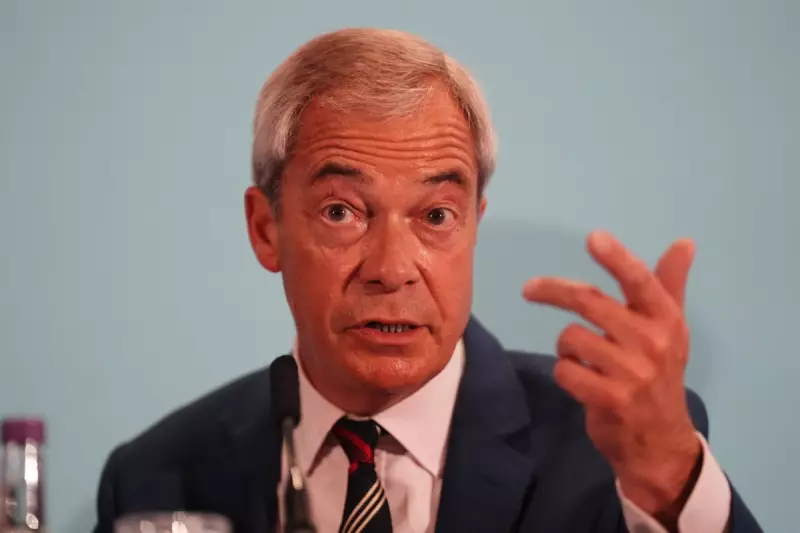
Nigel Farage finds himself at the centre of a furious political storm as senior Democratic Unionist Party figure Sammy Wilson unleashes a blistering critique of the Reform UK leader's stance on Northern Ireland. The escalating tension threatens to undermine Farage's credibility within unionist circles and exposes significant fractures in the post-Brexit political landscape.
DUP's Scathing Condemnation
Sammy Wilson, the DUP's hard-hitting MP for East Antrim, didn't mince words when addressing Farage's recent comments. Wilson accused the Brexit architect of engaging in "dishonest spin" regarding Northern Ireland's constitutional position within the United Kingdom. The criticism represents a significant blow to Farage, who has historically found support among unionist communities.
The Protocol Controversy
At the heart of the dispute lies the Northern Ireland Protocol and its successor, the Windsor Framework. Wilson slammed Farage for what he characterised as a fundamental misunderstanding—or deliberate misrepresentation—of how these arrangements actually function. According to the DUP stalwart, Farage's narrative dangerously misrepresents the reality of Northern Ireland's current relationship with the European Union.
Constitutional Integrity questioned
The most damaging accusation centres on Farage's approach to Northern Ireland's place in the Union. Wilson suggested that Reform UK's positioning could inadvertently undermine the very constitutional integrity it claims to protect. This confrontation highlights the delicate balancing act facing political figures navigating Northern Ireland's complex post-Brexit reality.
Political Repercussions
This public falling-out carries significant implications for both parties. For Reform UK, losing favour with the DUP and broader unionist movement could damage their electoral prospects in Northern Ireland. For the DUP, taking such a firm stance against a prominent Brexit campaigner demonstrates their unwavering commitment to specific principles in the ongoing protocol negotiations.
The public nature of this dispute signals deepening tensions within right-leaning political movements across the United Kingdom. As both parties prepare for future electoral battles, this rift over Northern Ireland's future could have lasting consequences for the broader political landscape.





